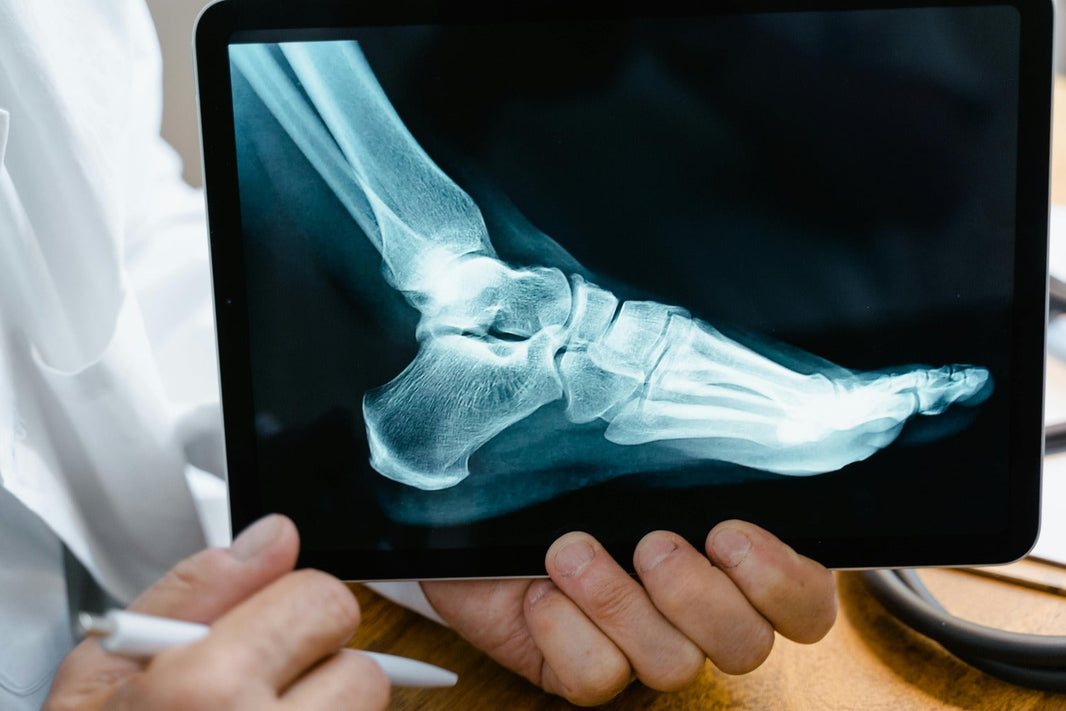Usually, pain is described as a sign stating that something is wrong in the body. It is an adaptive response involving physical, chemical, mechanical, and psychological changes.
Pain Pathways
Pain commonly occurs after an incident of sudden shock or stress to the body. This is followed by four steps:
Transduction
For example, when you touch something too hot or too cold, a nerve stimulus is generated. This is referred to as transduction. The generated nerve stimulus is converted into a nerve impulse. This impulse generates pain mediators called bradykinin, prostaglandin, and serotonin.
Transmission
The stimulus, or signal generated in the primary pain site, is transmitted to the spinal cord.
Modulation
These stimuli are now either suppressed or amplified in the spinal cord. When amplified, these signals are sent to the brain through numerous pathways. The stimuli are now processed in the brain into pain, which is transformed into a conscious experience.
Perception
Now that the pain is recognized by the body, it releases natural endorphins that relieve pain.
Healthy individuals can fight off this stimulus in acute pain by generating such endorphins, thereby alleviating pain. In other cases, a doctor prescribes analgesics to help reduce pain.








